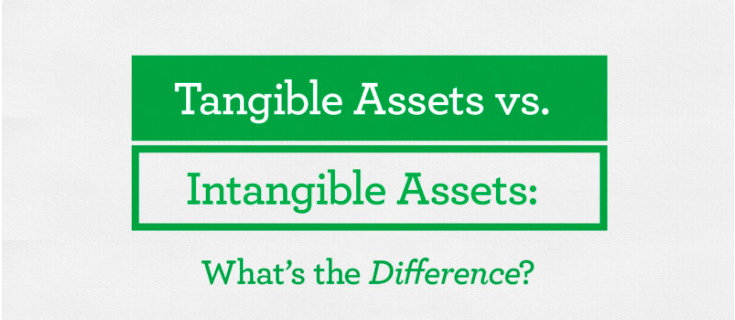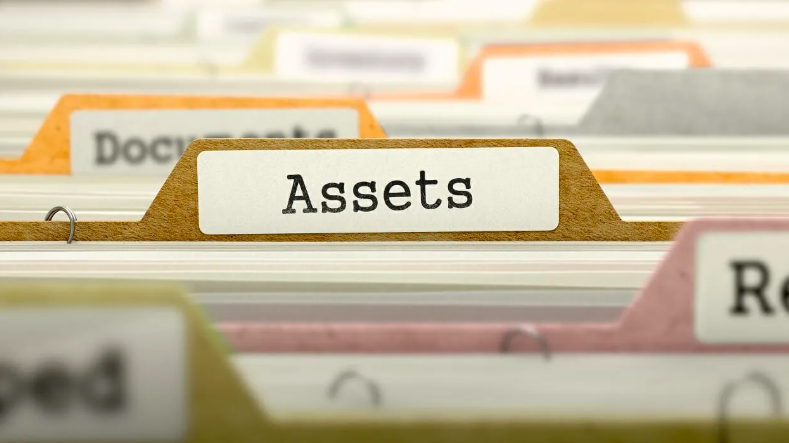
Myth: All Real Estate Appreciates in Value
Fact: Property Value Can Go Up—or Down—Depending on Several Factors
One of the most persistent myths in the real estate world is the belief that every property automatically increases in value over time. While appreciation is common, it’s not guaranteed. Some properties may stagnate or even depreciate, depending on location, condition, market trends, and policy shifts.
1. Location Is Everything
A property in a thriving city center or developing neighborhood is more likely to appreciate than one in a declining or oversupplied area. Properties in poor locations may lose value due to insecurity, poor infrastructure, or low demand.
2. Neglected Properties Depreciate
If a property is not properly maintained, it can lose appeal and value. Broken facilities, outdated designs, or structural issues can drive down market worth, especially in competitive markets.
3. Economic and Policy Factors
Real estate markets are affected by macroeconomic conditions. A recession, inflation, or change in government policy (e.g., taxation, zoning laws, or building regulations) can reduce buyer interest or drive prices down.
4. Oversupply Can Lower Value
When there are too many properties in a particular area and not enough demand, prices drop. Investors who bought during a market boom expecting appreciation may find themselves in a buyers’ market, where resale value is lower than expected.
5. Not All Improvements Equal Higher Value
Renovating a property doesn’t always guarantee higher value. Some upgrades might not be in line with buyer expectations, or could be overdone for the area, reducing return on investment rather than enhancing it.
Conclusion
While real estate can be a powerful tool for wealth creation, assuming that all properties appreciate over time is a dangerous oversimplification. Smart investors know that appreciation depends on various dynamic factors, and they do their due diligence before buying.

 May 20, 2025
May 20, 2025



